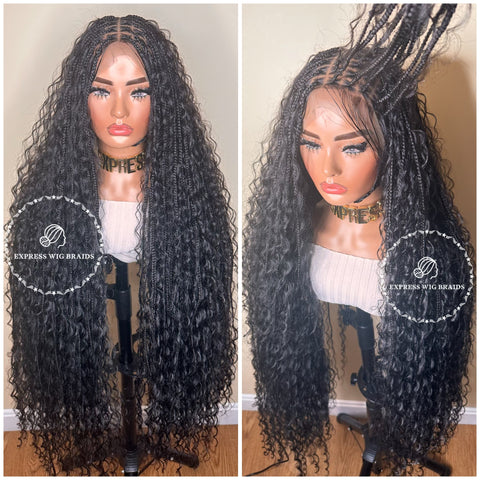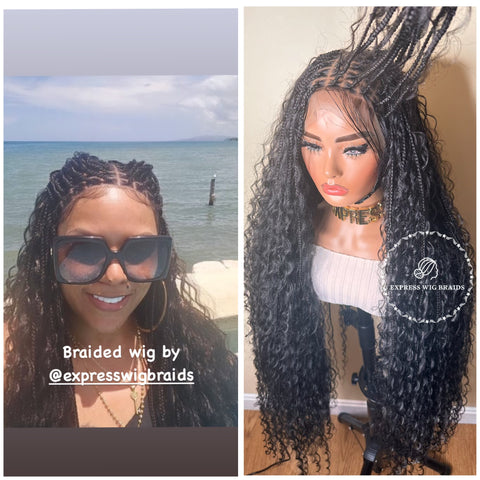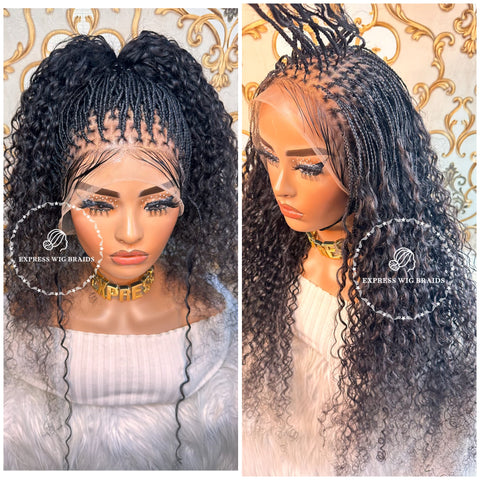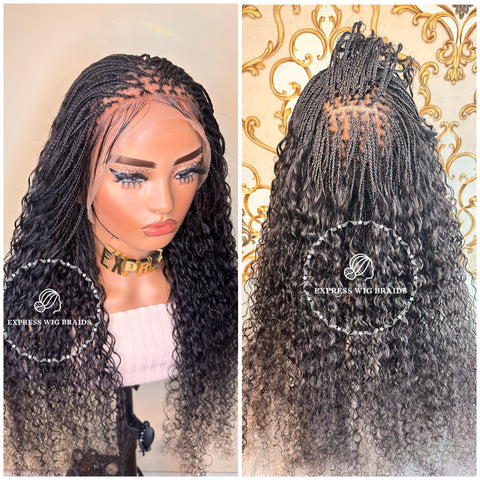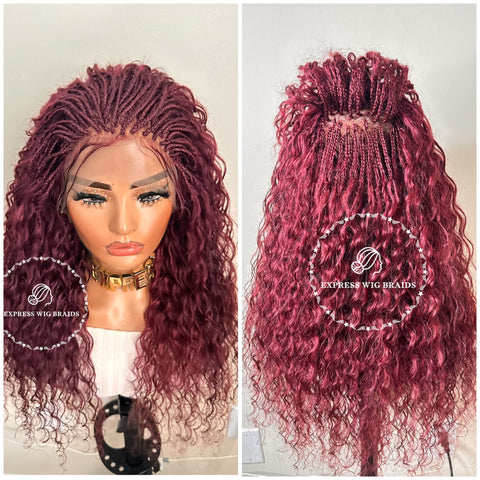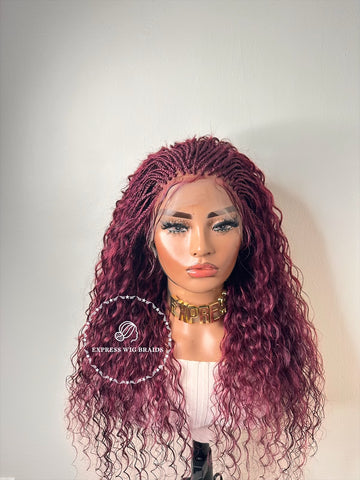Understanding Postpartum Hair Loss: Why it Happens and How to Cope

If you’re noticing thinning or shedding in the months following your baby’s arrival, you’re not alone. Postpartum hair loss affects a significant number of women, but it’s often misunderstood.
In this article, we’ll explain the reasons behind it and share some tips for this hair change with confidence during this transitional period.
What is postpartum hair loss?
Postpartum hair loss refers to the shedding of hair that women experience in the months following childbirth. This condition is common and usually reaches its peak between 3 and 6 months after childbirth, often lasting for several months.
It is also referred to as telogen effluvium, a form of excessive hair loss where hair sheds from the scalp due to disruptions in the hair growth cycle.
Why does postpartum hair loss happen?
Hair loss following pregnancy is mainly linked to hormonal shifts. During pregnancy, higher estrogen levels extend the hair's growth phase, resulting in thicker, fuller hair for many women.
However, after giving birth, estrogen levels drop quickly, causing more hair to transition to the resting phase (telogen) and eventually fall out.
The physical and emotional stress of childbirth, coupled with the demands of motherhood, can also trigger increased hair shedding.
Additionally, the body’s increased nutritional needs during and after pregnancy due to recovery and breastfeeding can lead to deficiencies in vital nutrients, affecting hair health.
How to cope with postpartum hair loss
While postpartum hair loss can be distressing, it is usually temporary and self-limiting. Here are some strategies to manage it:
1. Gentle hair care: Avoid harsh hair treatments, use organic haircare products instead. Be gentle when washing or brushing to prevent breakage. Using a wide-tooth comb or a detangling brush can reduce strain on your hair.2. Stress management: Since stress can worsen hair loss, it’s important to manage it. Regular exercise, relaxation practices like yoga or meditation, and self-care routines can help reduce stress levels.
3. Scalp massage: Gently massaging your scalp can boost circulation and promote hair growth. Using natural oils like coconut, castor, or argan oil can help moisturize the scalp and nourish hair follicles.
4. Patience: Understand that postpartum hair loss is a natural and short-term phase. Most women’s hair resumes its normal growth cycle within 6 to 12 months after childbirth. Allow your body time to recover and adjust.
5. Balanced nutrition: A nutrient-rich diet can support hair regrowth. Focus on foods high in iron, zinc, vitamin D, and omega-3 fatty acids. Lean proteins, leafy greens, nuts, seeds, and fatty fish can all contribute to healthy hair.
6. Consult a healthcare professional: If your hair loss is severe, persists longer than expected, or you suspect an underlying health issue (like thyroid problems or postpartum depression), consult a doctor or dermatologist. They can assess your condition and suggest appropriate treatments.
While waiting for your hair to grow back, you might consider trying braided wigs to minimize the appearance of your thinning hair.
Braided wigs can shield natural hair from external stressors like heat, styling, or environmental damage, giving it a chance to rest and recover.
Let’s take a look into how a braided wig can restore your confidence during the postpartum hair loss stage.
Stay glued!
Braided wigs for postpartum hair loss
Dealing with postpartum hair loss can take a toll on your self-esteem, especially if you are feeling self-conscious about your appearance. But with braided wigs, you can restore your confidence by providing an instant solution to your hair challenges.
These wigs are designed to mimic the look of natural braided hairstyles and offer several benefits for new mothers who may not have the time or energy to deal with their hair during the recovery period.
It allows you to maintain a polished, stylish look, even while your natural hair is going through a regrowth phase.
While wearing a braided wig helps to cover hair loss, it also provides an opportunity for natural hair regrowth.
Plus, the wig can reduce the temptation to manipulate or pull at your hair, which can sometimes make shedding worse.
Also, braided wigs come in a wide range of styles, colors, and lengths, allowing new mothers to express their style while dealing with hair loss.
Whether you want long, intricate braids or short, chic cornrows, there are plenty of options to suit your taste. This versatility enables women to maintain their sense of style while also addressing the challenges of postpartum hair loss.
Conclusion
While postpartum hair loss can be frustrating and alarming, it's important to remember that it is a natural part of the postpartum process.
In most cases, hair will return to its normal growth cycle after a few months. However, if you’re concerned about excessive hair loss, don’t hesitate to consult a healthcare professional for further advice.
Also, don’t forget that while postpartum hair loss can be a frustrating experience, braided wigs offer a practical, stylish, and low-maintenance solution. They help cover up thinning or shedding hair, protect natural strands, and provide instant volume and style.
Whether you’re looking to protect your natural hair or simply want to wear a stylish look while waiting for your hair to grow back, Express Wig Braids offers great braided wig options to consider.
FAQs
1. Will my hair grow back to its normal thickness after postpartum hair loss?In most cases, yes. After the shedding phase, most women’s hair returns to its pre-pregnancy thickness and fullness. However, this process may take several months.
2. Are there any treatments for postpartum hair loss?In most cases, no treatment is necessary, as hair typically regrows on its own. However, if hair loss is severe or persists, consulting a healthcare provider or dermatologist can help determine if there’s an underlying condition.
3. Should I be concerned if my hair loss is extreme or continues for a long time?If your hair loss is severe, lasts longer than a year, or is accompanied by other symptoms like fatigue or weight changes, consult your doctor. Underlying conditions, such as postpartum depression, or thyroid problems may be contributing factors.
